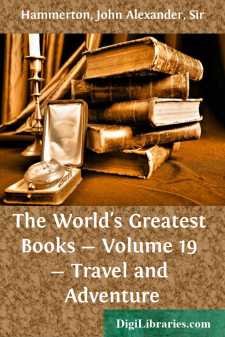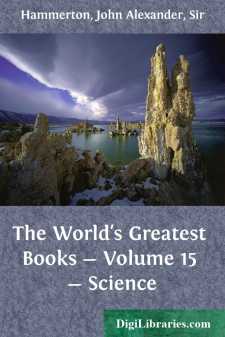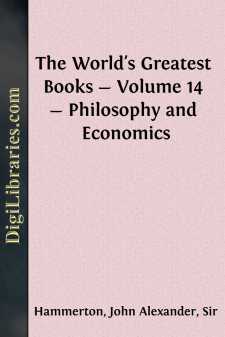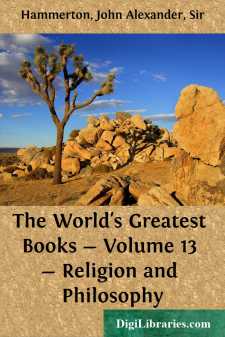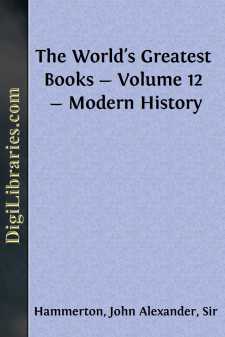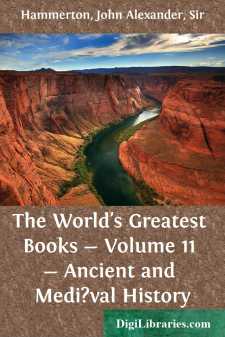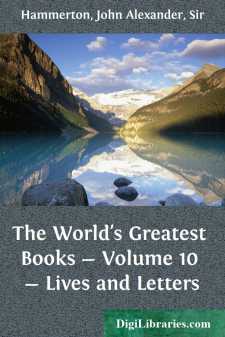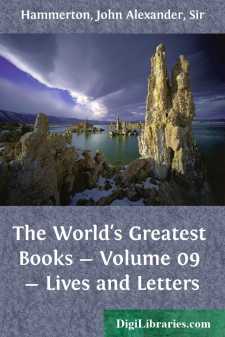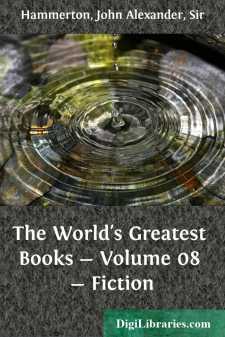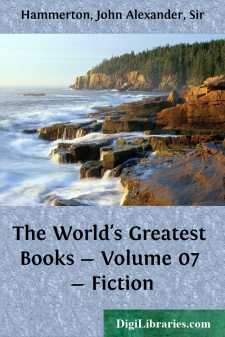Categories
- Antiques & Collectibles 13
- Architecture 36
- Art 48
- Bibles 22
- Biography & Autobiography 813
- Body, Mind & Spirit 142
- Business & Economics 28
- Children's Books 17
- Children's Fiction 14
- Computers 4
- Cooking 94
- Crafts & Hobbies 4
- Drama 346
- Education 46
- Family & Relationships 57
- Fiction 11829
- Games 19
- Gardening 17
- Health & Fitness 34
- History 1377
- House & Home 1
- Humor 147
- Juvenile Fiction 1873
- Juvenile Nonfiction 202
- Language Arts & Disciplines 88
- Law 16
- Literary Collections 686
- Literary Criticism 179
- Mathematics 13
- Medical 41
- Music 40
- Nature 179
- Non-Classifiable 1768
- Performing Arts 7
- Periodicals 1453
- Philosophy 64
- Photography 2
- Poetry 896
- Political Science 203
- Psychology 42
- Reference 154
- Religion 513
- Science 126
- Self-Help 84
- Social Science 81
- Sports & Recreation 34
- Study Aids 3
- Technology & Engineering 59
- Transportation 23
- Travel 463
- True Crime 29
John Alexander Hammerton
John Alexander Hammerton (1871-1949) was a prolific British editor and writer, best known for his work on encyclopedic reference works and literary collections. Among his notable achievements is editing the comprehensive "Harmsworth's Universal Encyclopaedia" and the popular "The Outline of History" by H.G. Wells. Hammerton's contributions to literature and reference books were widely recognized, and his works remain influential in the fields of history and biography.
Author's Books:
Sort by:
Travel and Adventure SIR SAMUEL BAKER The Albert N'yanzaI.—Explorations of the Nile SourceSir Samuel White Baker was born in London, on June 8, 1821. From early manhood he devoted himself to a life of adventure. After a year in Mauritius he founded a colony in the mountains of Ceylon at Newera Eliya, and later constructed the railway across the Dobrudsha. His discovery of the Albert N'yanza...
more...
Science JOHN MILNE BRAMWELL Hypnotism: Its History, Practice and Theory John Milne Bramwell was born in Perth, Scotland, May 11, 1852. The son of a physician, he studied medicine in Edinburgh, and after obtaining his degree of M.B., in 1873, he settled at Goole, Yorkshire. Fired by the unfinished work of Braid, Bernheim and Liébeault, he began, in 1889, a series of hypnotic researches, which, together...
more...
HEGEL The Philosophy of History Georg Wilhelm Friedrich Hegel was born on August 27, 1770, at Stuttgart, the capital of Würtemburg, in which state his father occupied a humble position in government service. He was educated at Tübingen for the ministry, and while there was, in private, a diligent student of Kant and Rousseau. In 1805 he was Professor Extraordinarius at the University of Jena, and in...
more...
Religion THE APOCRYPHA Apocrypha is a Greek word, signifying "secret" or "hidden," but in the sixteenth century it came to be applied to a list of books contained in the Septuagint, or Greek translation of the Old Testament, but not in the Palestinian, or Hebrew Canon. Hence, by theological or bibliographic purists, these books were not regarded as genuine Scripture. That view was...
more...
SAMUEL ELIOT History of the United States Samuel Eliot, a historian and educator, was born in Boston in 1821, graduated at Harvard in 1839, was engaged in business for two years, and then travelled and studied abroad for four years more. On his return, he took up tutoring and gave gratuitous instruction to classes of young workingmen. He became professor of history and political science in Trinity...
more...
I.--The Nile and Egypt A long, low, level shore, scarcely rising above the sea, a chain of vaguely defined and ever-shifting lakes and marshes, then the triangular plain beyond, whose apex is thrust thirty leagues into the land--this, the Delta of Egypt, has gradually been acquired from the sea, and is, as it were, the gift of the Nile. Where the Delta ends, Egypt proper begins. It is only a strip of...
more...
I.--Right and Law All human eloquence, among all peoples and in all times, may be summed up as the quarrel of Right against Law. But this quarrel tends ever to decrease, and therein lies the whole of progress. On the day when it has disappeared, civilisation will have attained its highest point; that which ought to be will have become one with that which is; there will be an end of catastrophes, and...
more...
I.--Héloïse to Abélard Heloise has just seen a "consolatory" letter of Abelard's to a friend. She had no right to open it, but in justification of the liberty she took, she flatters herself that she may claim a privilege over everything which comes from that hand. "But how dear did my curiosity cost me! What disturbance did it occasion, and how surprised I was to find the whole...
more...
SIR WALTER SCOTT Quentin Durward In mentioning "Quentin Durward" for the first time Scott speaks of himself as having been ill, and "Peveril" as having suffered through it. "I propose a good rally, however," he says, "and hope it will have a powerful effect. My idea is a Scotch archer in the French King's guard, tempore Louis XI., the most picturesque of all times."...
more...
THOMAS LOVE PEACOCK Headlong Hall The novels of Thomas Love Peacock still find admirers among cultured readers, but his extravagant satire and a certain bookish awkwardness will never appeal to the great novel-reading public. The son of a London glass merchant, Peacock was born at Weymouth on October 18, 1785. Early in life he was engaged in some mercantile occupation, which, however, he did not follow...
more...


